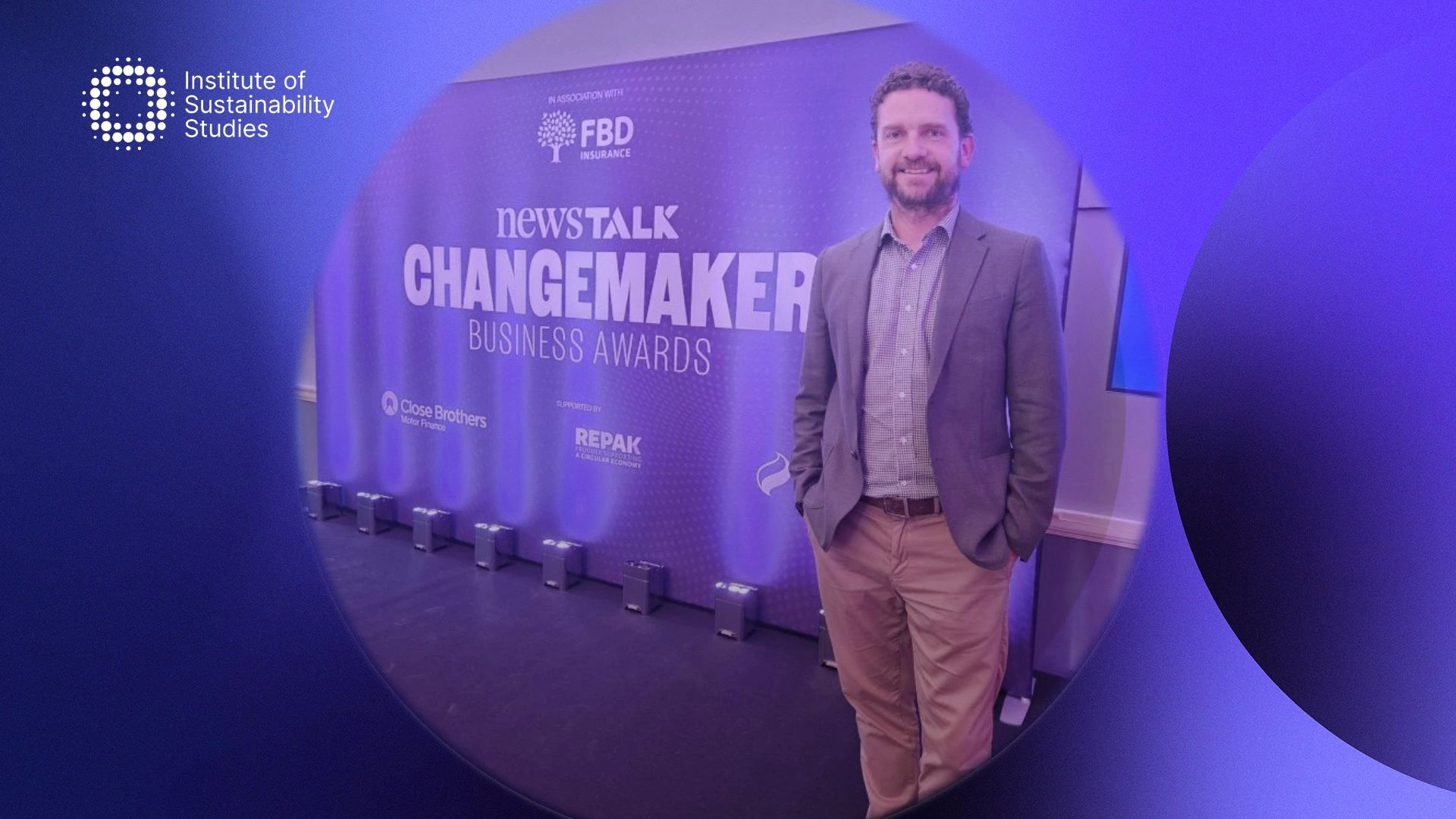IKEA’s largest retailer, Ingka Group, has announced an additional €1.5bn investment to accelerate its transition to IKEA renewable energy solutions and eliminate reliance on fossil fuels in operations. This business sustainability commitment aligns with the company’s focus on energy efficiency and implementing low-carbon heating and cooling systems.
Investing in renewables and efficiency
Ingka Group represents around 90 percent of IKEA’s retail sales and has made the commitment alongside €7.5bn currently in the pipeline. The goal of the current investment is to support offsite renewable energy production and related infrastructure and technology.
Moreover, around €4bn of that has already been allocated with the reminder to be invested by 2030. The new €1.5bn will be utilised to drive ongoing work to retrofit stores and other buildings to make them more energy-efficient.
Ingka Group strives to retrofit 150 properties in total, providing improvements like new windows, heating solutions, and insulation that replace fossil fuel boilers. Another key focus will be low-carbon cooling systems.
The business has also set new standards to make sure new buildings achieve higher efficiency standards. They will also be equipped with low-carbon cooling and heating systems.
Karen Pflug, Ingka Group’s Chief Sustainability Officer has said that making this transition is a vital enabler on their decarbonisation journey. However, she has also highlighted that the process is both costly and complex. She added that this investment means they can progress faster and further with their plans and they know it will pay off in the long term.
It doesn’t stop there
Under the Science Based Targets Initiative (SBTi), Ingka Group has pledged to halve its absolute value chain emissions by 2030. They will be doing this against a 2016 baseline. By the 2023 financial year, a reduction of 24.3 percent was achieved, despite the business increasing revenues by nearly 31 percent in this timeframe.
The company has over 40 wind farms and 12 large offsite solar farms in operation as well as onsite solar at dozens of company buildings. Ingka Group is calling for policymakers to take a number of measures to make the energy transition more accessible for the private sector.
Some of these steps include setting stronger, sector-specific energy-efficiency regulations and phasing out fossil fuel subsidies. Additionally, simplifying planning permission for clean energy projects and incentivising the retrofitting of domestic and commercial buildings.
Conclusion
Ingka Group’s significant investment of €1.5bn to phase out fossil fuels marks a pivotal step in the retail sector’s transition towards a low-carbon future. By prioritising energy efficiency, retrofitting properties, and expanding renewable energy infrastructure, the company exemplifies how businesses can take meaningful strides toward decarbonisation while balancing growth and sustainability.
However, as Karen Pflug rightly points out, the path to decarbonisation requires both innovation and collaboration. Furthermore, the Ingka Group’s call for stronger policies underscores the critical role of policymakers in enabling a smoother energy transition. Ingka Group’s commitment sets a powerful example for other corporations and reaffirms that bold, long-term investments in sustainability deliver lasting value for both the planet and business.










